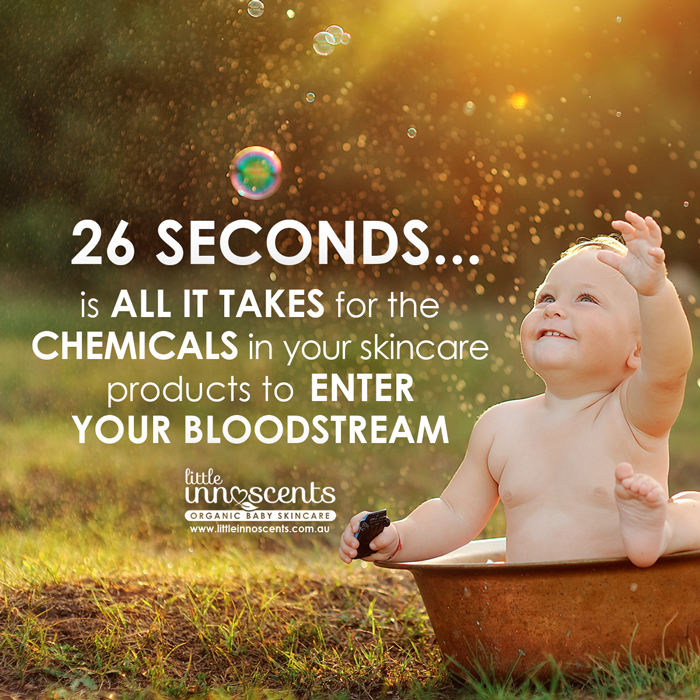Absorbing Chemicals via the skin
Post Credits to : Antonetteg
Why should we be interested in natural skin care? Our skin works hard for us.
It’s the largest organ in our body and provides a number of essential functions including protection, the regulation of body temperature and the creation of Vitamin D from sunlight.
There are 3 layers to the skin – the epidermis, dermis and cutaneous layer. For many years it was believed that these skin layers did an admirable job of keeping nasty chemicals at bay, but some sections of the scientific community have started to understand that this is far from the case. Many now argue that when any chemical comes into contact with the skin it can be absorbed, with the exact effects dependant on a number of factors including the size of the molecules of a particular substance, duration of exposure, and health of the skin.
While the scientific debate continues, there’s no denying that at its most basic, chemical absorption can irritate, sensitise and destroy skin tissue. Irritation might take the form of skin rashes. Sensitising skin by frequently using harsh chemicals can make it much more prone to chemical irritation in the future. And destroying skin tissue prematurely ages skin.
Chemicals to look out for in skincare
The list of potentially toxic chemical ingredients found in some skincare products is longer than Paris Hilton’s shopping list, however a couple of the more common (and more easily pronounced) include parabens and mineral oil. Parabens are one of the most widely used preservatives worldwide, regularly found in skin care products, cosmetics, toothpaste, and shampoos. In various studies, they have been linked to everything from dermatitis to breast cancer.
Mineral oil is a by-product of petroleum and is a common ingredient in cosmetics, baby lotions and moisturisers. Suggested effects include disruption of the skin’s natural ability to rid itself of toxins, premature aging and damage to cell function.
The long and short of this is that if any skin care product contains an ingredient you don’t recognise, or can’t pronounce, it’s probably a synthetic additive, and you just can’t be sure how much of it you’re absorbing.
Our skin is designed to protect us from nature, not from chemicals and additives. Why take the risk? Choose natural skin care products like Little Innoscents and stop irritating your skin.
About the Author: Antonette Golikidis has studied Natural Health Science at the Australian College of Natural Medicine and is qualified in Remedial Massage Therapy and Aromatherapy. Currently, she lectures in Remedial Massage at a tertiary level.
*While the greatest effort has been invested to ensure the validity of this information, the advice therein is set as a ‘general’ guide only, and your individual needs may require a different method to the one shown. We encourage you to see your regular healthcare professional, should you be concerned for you or your baby’s wellbeing.
